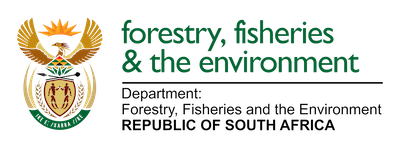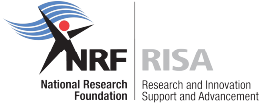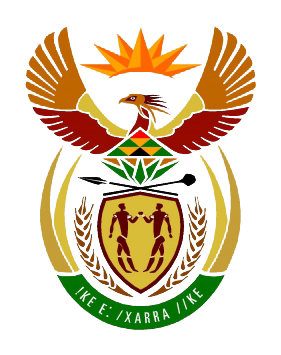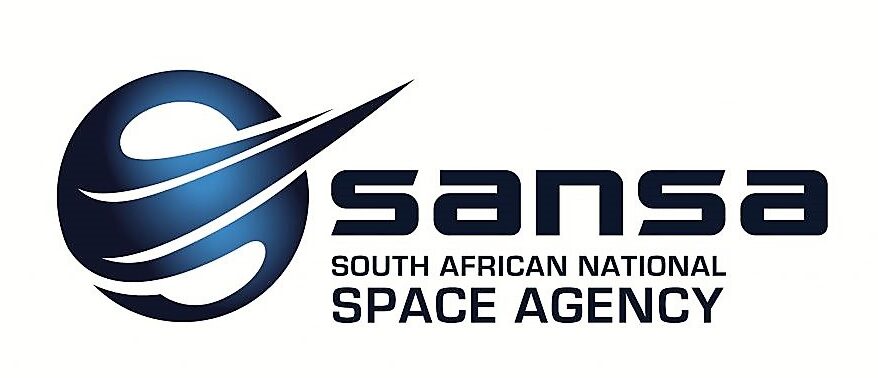
by Ria Olivier | Nov 6, 2020 | Announcement, Jobs, Marion Island, SANAP, Science
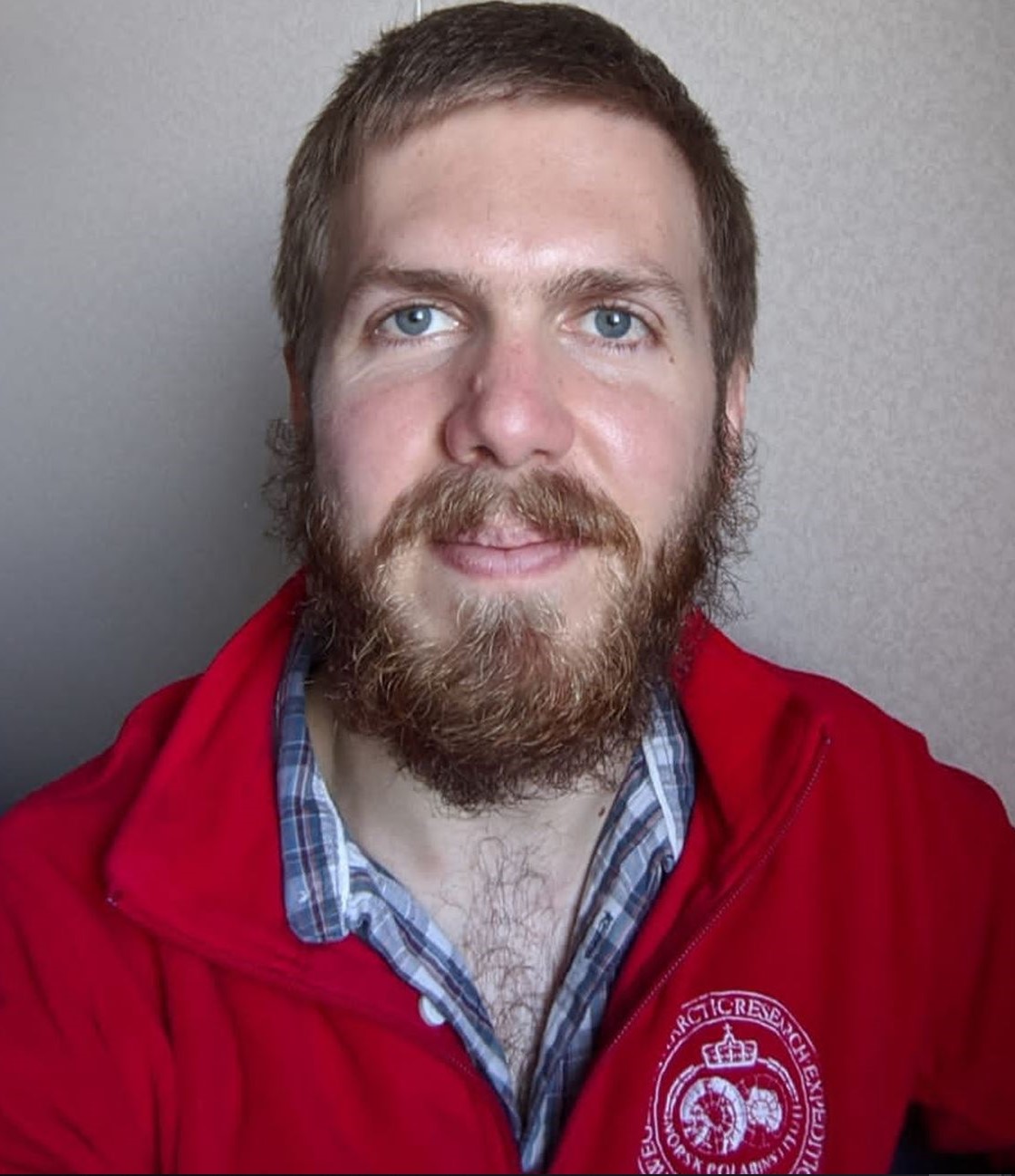
Stephanus Schoeman
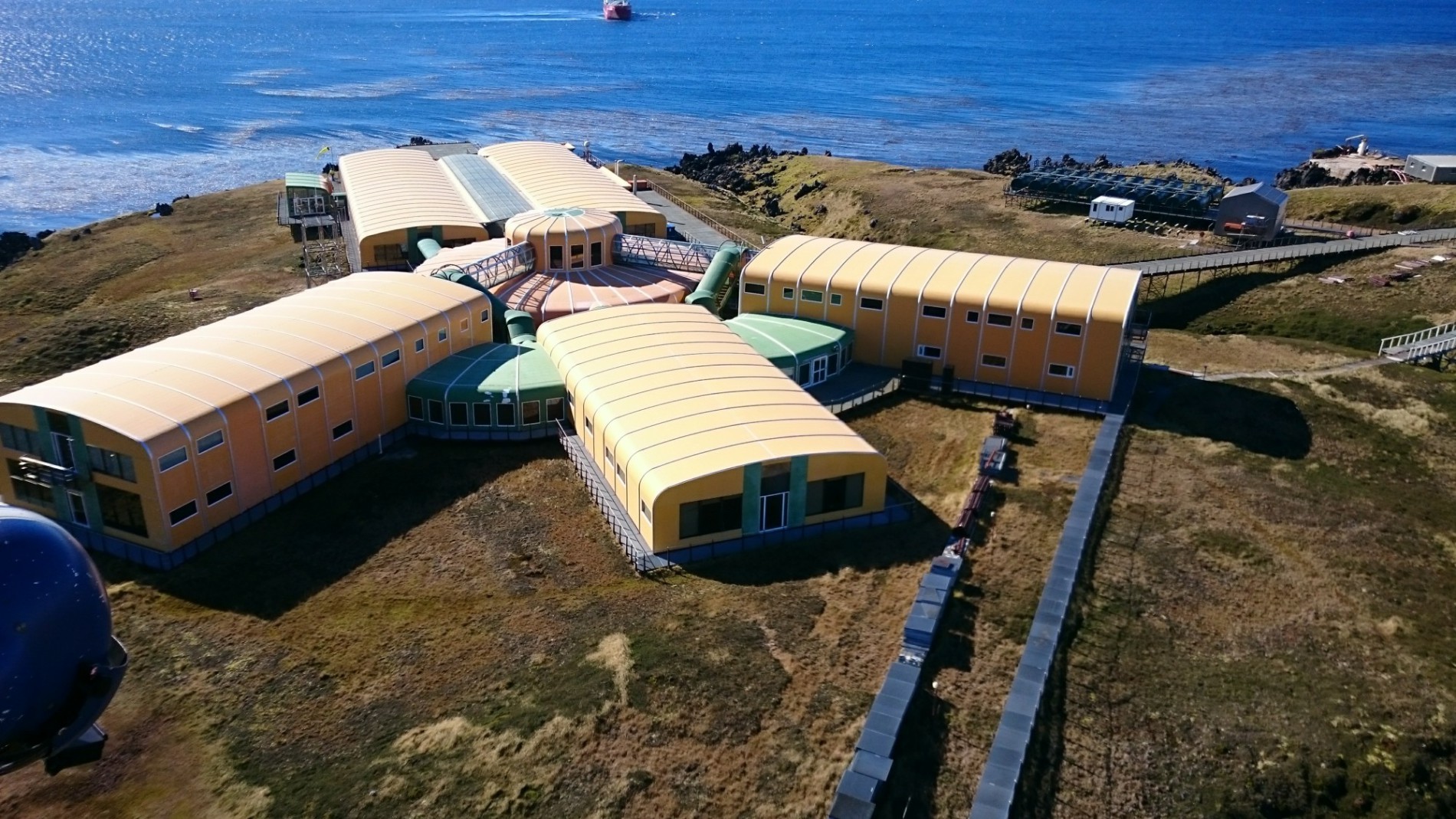 Current engineer at Marion Island is Stephanus Schoeman: “One of the five Marion Island first-timers is SANSA Space Weather Engineer Stephanus Schoeman. He will monitor and maintain systems, report on the status of different instruments, and develop new hardware and software to maximise efficiency, reliability and uptime of the systems.”
Current engineer at Marion Island is Stephanus Schoeman: “One of the five Marion Island first-timers is SANSA Space Weather Engineer Stephanus Schoeman. He will monitor and maintain systems, report on the status of different instruments, and develop new hardware and software to maximise efficiency, reliability and uptime of the systems.”
“On the island we have a Global Navigation Satellite System (GNSS) scintillation receiver, magnetometer, Very Low Frequency (VLF) antenna with five different analytic systems, and a riometer,” he says.
Schoeman helped upgrade a tide gauge, which forms part of the International Tsunami Early Warning System. He also helped install a DORIS (Doppler Orbitography and Radio-positioning Integrated by Satellite) beacon, which helps satellites stay in orbit by compensating for loss of altitude due to atmospheric drag. Read the full article
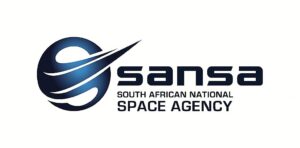 SANSA has again an opportunity for an engineer at Marion Island for 2021/2020 . The applicants will be expected to
SANSA has again an opportunity for an engineer at Marion Island for 2021/2020 . The applicants will be expected to
- Design and build new equipment
- Maintain and upgrade instrumentation.
- Install, commission, maintain, calibrate and modify electronic instruments and systems for the collection, reduction and analysis of data.
- Execute experiments related to Space Weather studies
- Give core engineering support.
Candidates must be physically fit, have sober habits, be mentally strong and prepared for physically challenging and satisfying work.

by Ria Olivier | Oct 20, 2020 | Announcement, Jobs, Marion Island, Overwintering Team, SANAP

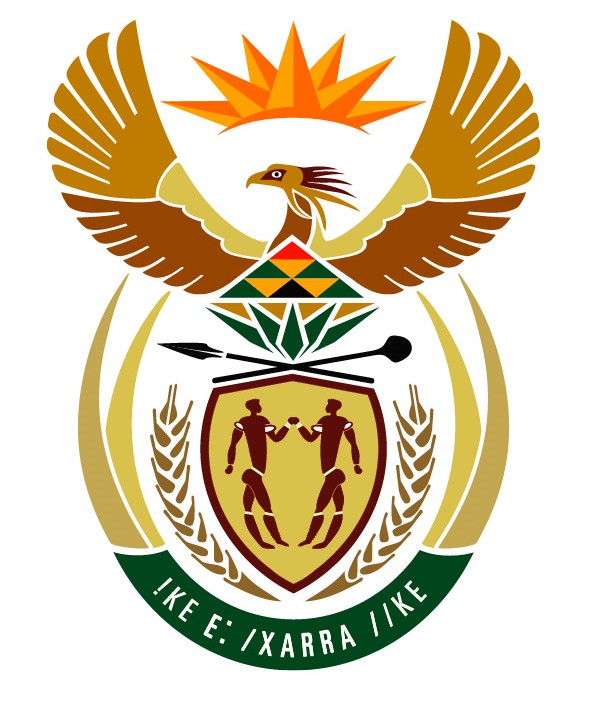 Applications now open for Marion Island 2021-2022 season. Visit the Jobs page to see vacancies. Applications close first week of November.
Applications now open for Marion Island 2021-2022 season. Visit the Jobs page to see vacancies. Applications close first week of November.


Visit Gallery to see all Marion Team Photos and read more about the expedition and living on the island
Team Structure:
Medical Orderly
Diesel Mechanic
Electrical Engineer Technician
Communications Engineer/Technician
Environmental Officer and Assistant Environmental Officer
Senior Meteorological Technician and 2 Meteorological Technicians
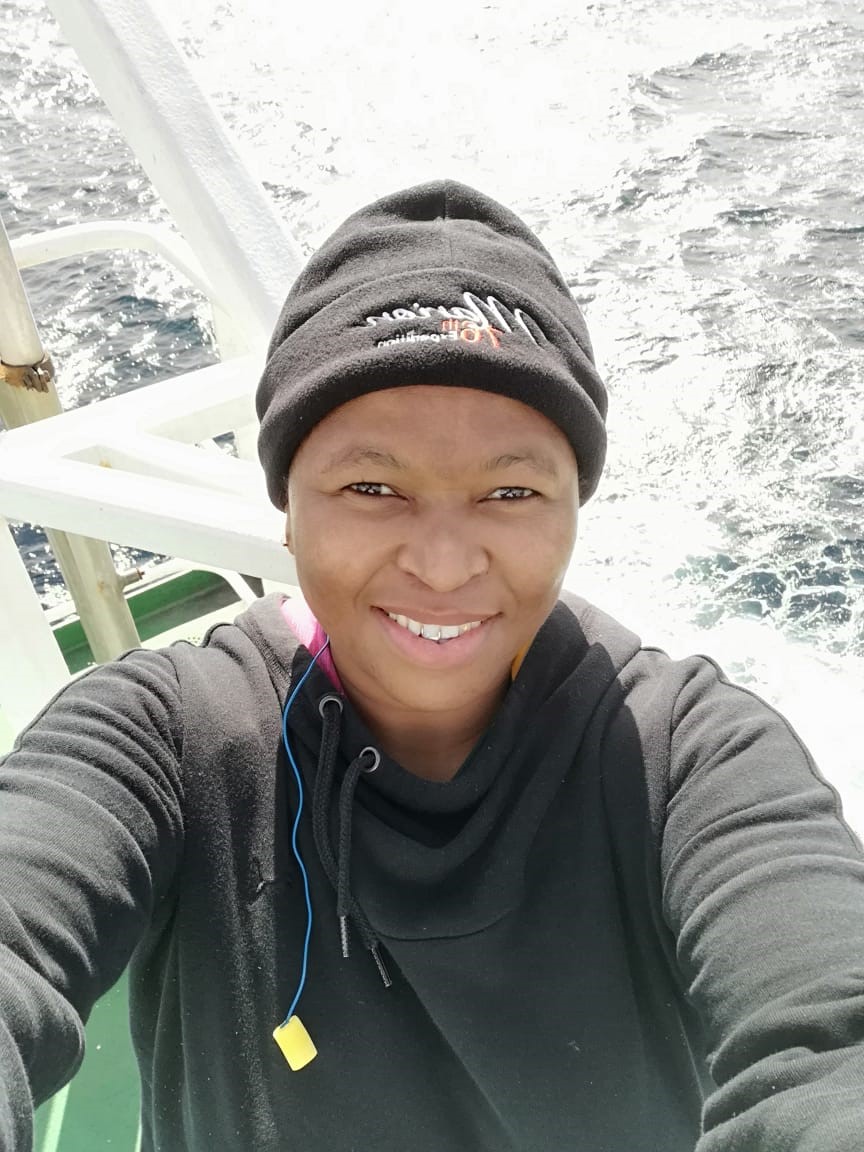
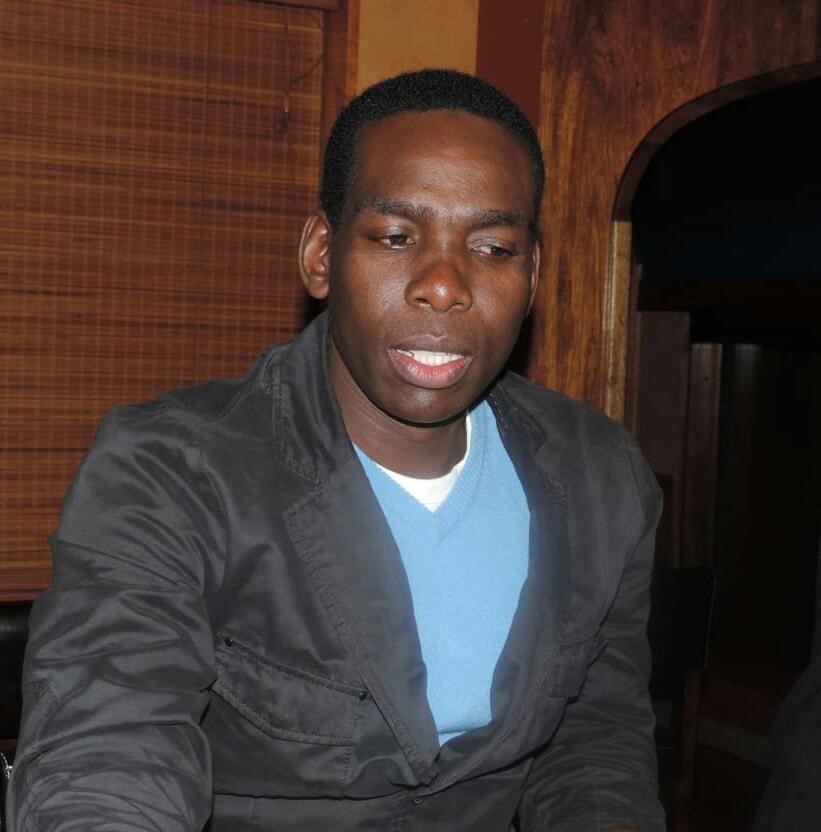
Marion 77 Current Team Leader Winnie (left) and Deputy Team Leader Nkoane (right)

by Ria Olivier | Apr 21, 2020 | Announcement, Fellowship, Jobs, Research, SA Agulhas II, SANAP, Southern Ocean
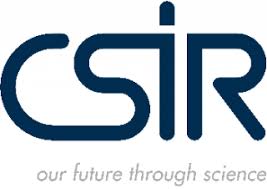
 CAREER OPPORTUNITY – Post Doctoral Fellowships. The Council for Scientific and Industrial Research (CSIR) is a leading scientific and technology research organisation that researches, develops, localises and diffuses technologies to accelerate socio-economic prosperity in South Africa. The organisation’s work contributes to industrial development and supports a capable state.
CAREER OPPORTUNITY – Post Doctoral Fellowships. The Council for Scientific and Industrial Research (CSIR) is a leading scientific and technology research organisation that researches, develops, localises and diffuses technologies to accelerate socio-economic prosperity in South Africa. The organisation’s work contributes to industrial development and supports a capable state.


 The CSIR has three opportunities for Post-Doctoral Fellowships in the Southern Ocean Carbon and Climate Observatory programme (SOCCO), within the Smart Places cluster, and hosted at the Marine Institute (Ma-Re), UCT. The purpose of the fellowships is to conduct research in line with three H2020 projects in which SOCCO is a partner. The positions are offered as a two-year contract with the possibility of extension for a third year. These opportunities are based in Rosebank, Cape Town. For more information about the programme and cluster please visit http://www.socco.org.za and http://www.csir.co.za/smart-places respectively.
The CSIR has three opportunities for Post-Doctoral Fellowships in the Southern Ocean Carbon and Climate Observatory programme (SOCCO), within the Smart Places cluster, and hosted at the Marine Institute (Ma-Re), UCT. The purpose of the fellowships is to conduct research in line with three H2020 projects in which SOCCO is a partner. The positions are offered as a two-year contract with the possibility of extension for a third year. These opportunities are based in Rosebank, Cape Town. For more information about the programme and cluster please visit http://www.socco.org.za and http://www.csir.co.za/smart-places respectively.



- Southern Ocean CO2 and heat uptake: the future role of the Southern Ocean ininfluencing the rates of global warming depends critically on the sensitivity of its uptake and storage of heat and anthropogenic CO This sensitivity is thought to be largely dependent on the response in the physics of the mixed layer and sea ice system to climate change. This fellowship aims to use air-sea CO2 reconstructions, high resolution models as well as Earth System Models (ESM) to examine the climate sensitivity of the mechanisms that explain CO2 and heat ocean-atmosphere fluxes in the Southern Ocean.
- Southern Ocean emerging feedbacks in carbon cycle: the sensitivity of coupled ocean- atmosphere physical and ocean biogeochemical mechanisms to climate forcing can lead to regional non-linear responses that lead to changing feedbacks, thresholds of abrupt change and tipping pointes. This fellowship aims to use the South African ESM combination with other CMIP6 models to examine how non-linearities in the carbon cycle can be linked to specific physical and biogeochemical mechanisms, their scales and dynamics in the Southern
- Southern Ocean Biogeochemical model development: the sensitivity of the ocean biological carbon pump to climate forcing is critical to project changing carbon feedbacks in the second half of the 21st century, particularly in the Southern Ocean. For this fellowship the successful candidate will be a biogeochemical modeller, who will be responsible for model development through improved parameterisations of physiological processes for phytoplankton in coupled biogeochemical-physical models. This will be done based on experience in parameterisations for functional responses to multiple Observational data will be collected under varying conditions that will be used to derive and implement new relationships into numerical models.
Key responsibilities:
- Initiate further independent research within the strategic objectives of the current programme;
- Assist with Master’s and Doctoral supervision of students in support of the SOCCO/UCT- Ma-Re human capital development mission;
- Lead, assist and supervise field data collection and model development;
- Contribute to the writing of numerous reviewed journal publications, and be the lead author of at least
Qualifications, skills and experience:
- A Doctoral degree in Ocean CO2 or biogeochemical modelling and/or observations, withexperience in modelling;
- Experience in acquiring and processing large global data sets as well as running and analysing model outputs;
- Proficiency in Python
Closing date: 15 May 2020
PLEASE NOTE THAT FEEDBACK WILL BE GIVEN TO SHORTLISTED CANDIDATES ONLY.
For more info, please contact the CSIR Recruitment Centre on 012 841 4774 or email us at Recruitmentinfo@csir.co.za
The CSIR is an equal opportunity employer. As such, it is committed to the Employment Equity Act of 1998. By applying for this position at the CSIR, the applicant understands, consents and agrees that the CSIR may solicit a credit and criminal report from a registered credit bureau and/or SAPS (in relation to positions that require trust and honesty and/or entail the handling of cash or finances) and may also verify the applicant’s educational qualifications and employment history. The CSIR reserves the right to remove the advertisement at any time before the stated closing date and it further reserves the right not to appoint if a suitable candidate is not identified.
PLEASE NOTE THAT FEEDBACK WILL BE GIVEN TO SHORTLISTED CANDIDATES ONLY.
For more info, please contact the CSIR Recruitment Centre on 012 841 4774 or email us at Recruitmentinfo@csir.co.za
The CSIR is an equal opportunity employer. As such, it is committed to the Employment Equity Act of 1998. By applying for this position at the CSIR, the applicant understands, consents and agrees that the CSIR may solicit a credit and criminal report from a registered credit bureau and/or SAPS (in relation to positions that require trust and honesty and/or entail the handling of cash or finances) and may also verify the applicant’s educational qualifications and employment history. The CSIR reserves the right to remove the advertisement at any time before the stated closing date and it further reserves the right not to appoint if a suitable candidate is not identified.

by Ria Olivier | Mar 18, 2020 | Discover, Jobs, Legacy, Marion Island, Research, SANAP, SCAR, Science
I completed all my science degrees at the University of Pretoria after some time at Wits studying law. I was fortunate to be appointed at Stellenbosch University in 2000, spent 2001 in France, and returned to Stellenbosch University in 2002 where I worked first as a Senior Technical Officer, then as a Researcher and finally an Associate Professor before relocating to the University of Johannesburg in 2011, 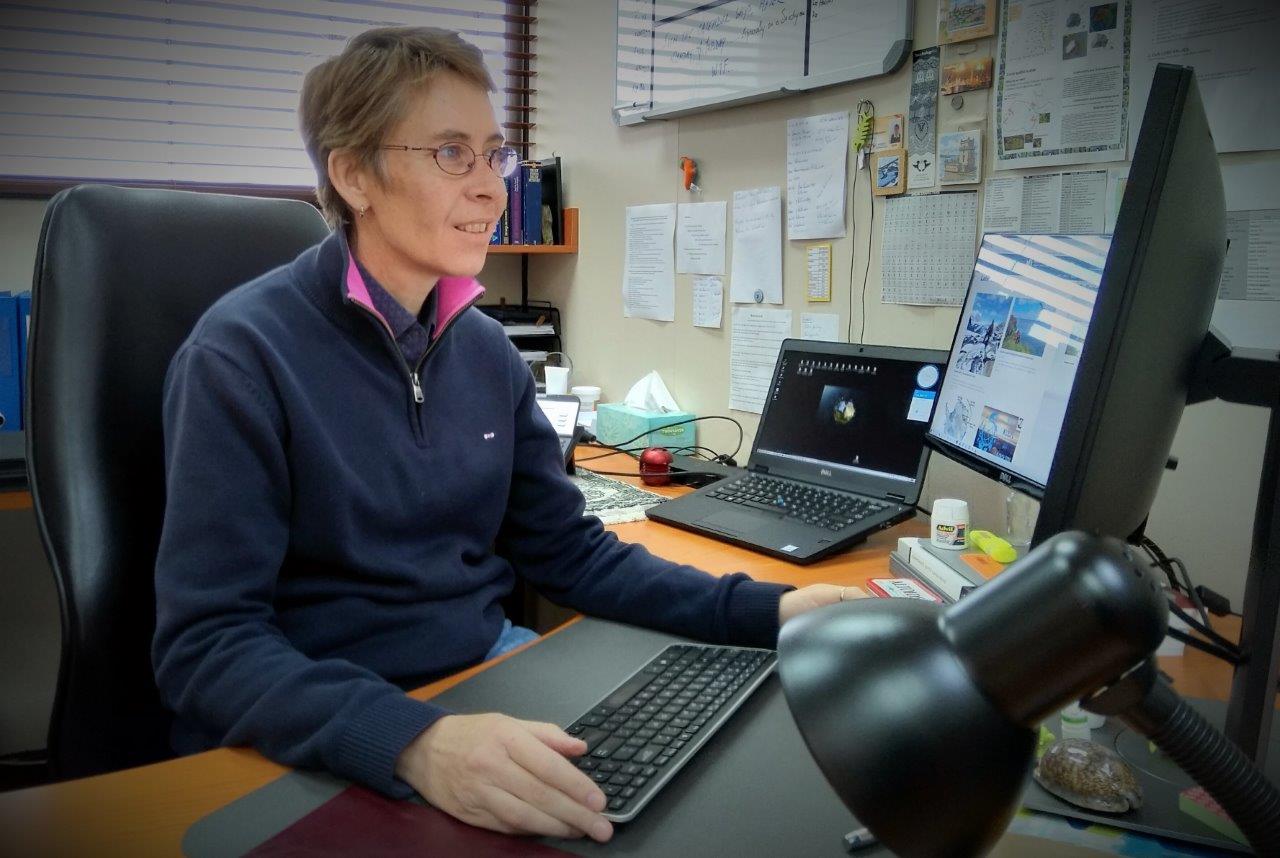 and became a Full Professor in 2012. Our research group at UJ transitioned into a Research Centre, and we currently house a number of postdoctoral fellows and postgraduate students. We have collaborations with a number of groups both within South Africa, and internationally.
and became a Full Professor in 2012. Our research group at UJ transitioned into a Research Centre, and we currently house a number of postdoctoral fellows and postgraduate students. We have collaborations with a number of groups both within South Africa, and internationally.
I have been involved in research on the Prince Edward 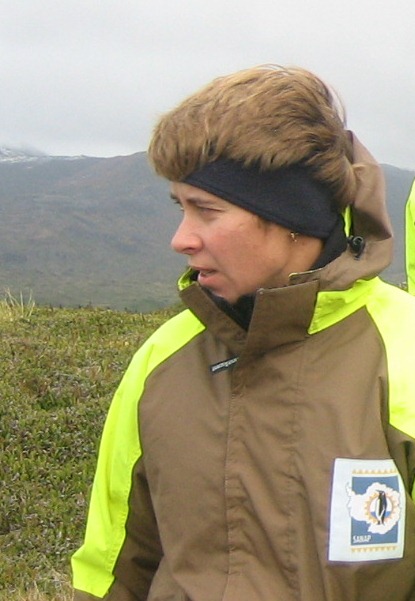 Islands since 2004 and have been fortunate to work with some of the legends as well as bright upcoming researchers (then students, now fully established and leading their own research groups). For my sins, I was appointed as Chief shore-based Scientist in 2006 (the first time that a woman held this position), and managed to get all people to relevant huts on time, even though we almost had to put together a rescue party to retrieve Valdon Smith and Sarette Slabber from Mixed Pickle (typical Marion Island bad weather meant that they could not walk over Azorella Kop). Thankfully the weather cleared, and all shore-based people made it back to the SA Agulhas I.
Islands since 2004 and have been fortunate to work with some of the legends as well as bright upcoming researchers (then students, now fully established and leading their own research groups). For my sins, I was appointed as Chief shore-based Scientist in 2006 (the first time that a woman held this position), and managed to get all people to relevant huts on time, even though we almost had to put together a rescue party to retrieve Valdon Smith and Sarette Slabber from Mixed Pickle (typical Marion Island bad weather meant that they could not walk over Azorella Kop). Thankfully the weather cleared, and all shore-based people made it back to the SA Agulhas I.
Bettine van Vuuren is currently the Chair of the South African National Committee for SCAR, and a Principal Investigator in the South African National Antarctic Programme (SANAP) – see Biocomplexity: Understanding biological patterns in space and time.
Why you love your career in science?
I have always thought that animals are interesting and wondered why they act in certain ways. Why do some dogs get on well, while others fight? How do bees know where to find 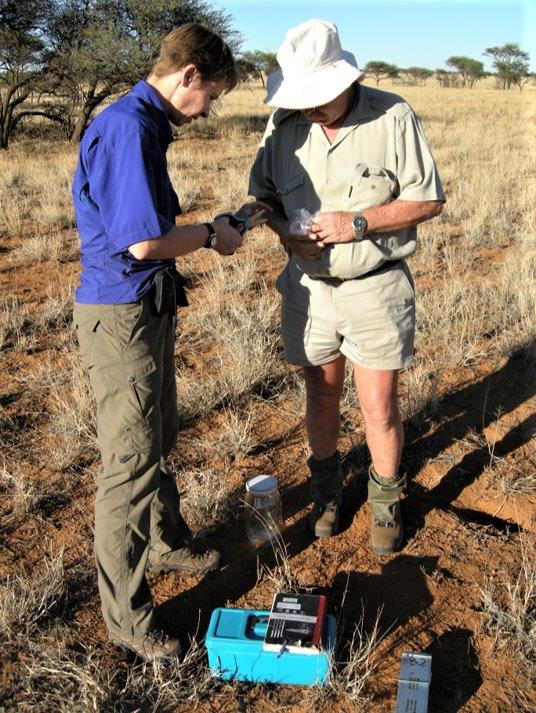 flowers and pollen, and how do they get back to their hives? Are they really all female? Why are some species so successful while others are continuously threatened and faced with extinction; especially considering that our world is changing much faster than ever before?
flowers and pollen, and how do they get back to their hives? Are they really all female? Why are some species so successful while others are continuously threatened and faced with extinction; especially considering that our world is changing much faster than ever before? 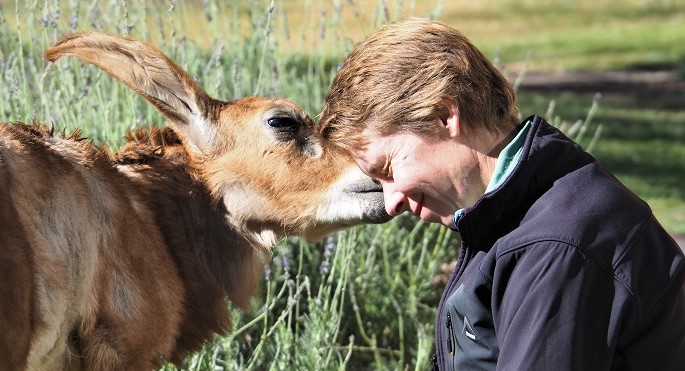
Once I understood that the answers to most of these questions have a strong genetic basis, I was hooked. My work allows me to search for the answers to many of these questions, and I work in some of the most extraordinary and beautiful places on earth (from our hot and dry desert and semi-desert regions to extremely wet and cold sub-Antarctic islands). I am privileged to work and interact with extremely talented people (both within and outside South Africa; old and young); there is not a day that I am not thankful for the way my life turned out. What is perhaps the strongest motivating factor is that I can make a difference in the lives of younger people (through education, working at the University of Johannesburg), and this is priceless.
Why you believe more women should pursue a career in science?
The first thing to say is that I believe there is nothing that any person can’t do if they apply their mind (and time) to it. We often set our own ceilings based on the general beliefs that society 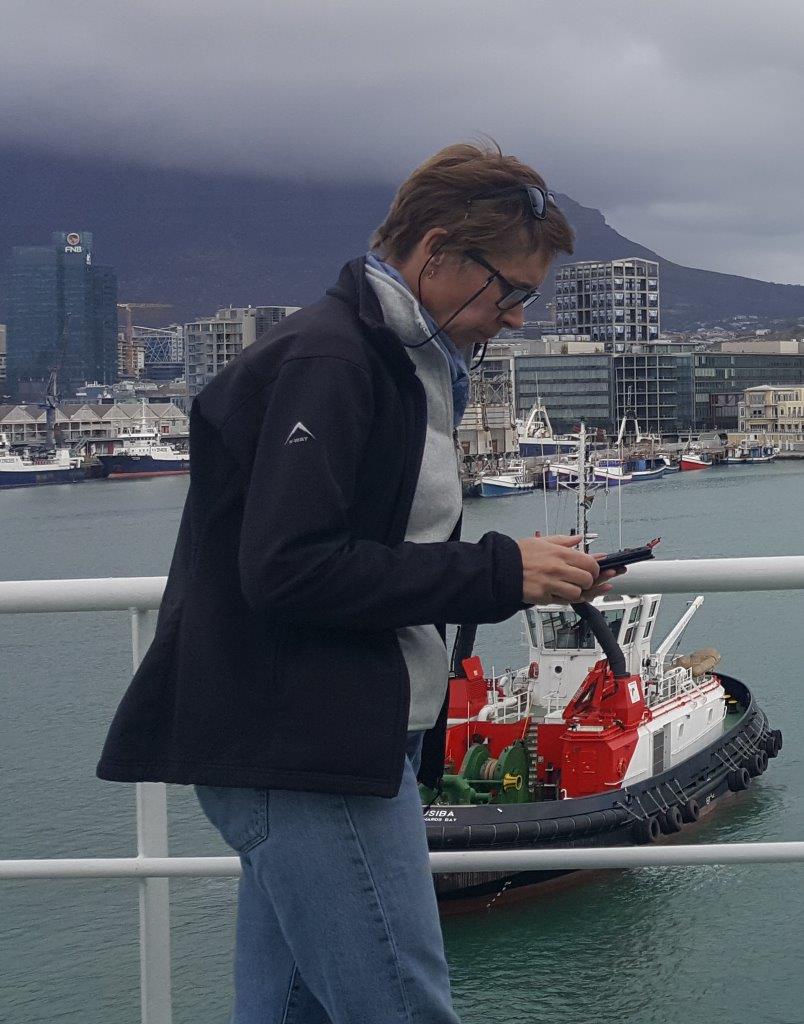 or others impose on us; and it is crucial that we break through these (non-real) boundaries. STEM fields are a case in hand. This is especially true for woman, who traditionally were considered homemakers or child-carers. In STEM specifically, fields such as mathematics, physics and engineering, and traditionally more field-based disciplines such as zoology, botany, or oceanography, are seen as more suited to men (either because women were not traditionally considered as analytically strong, capable to work in the field, or for that matter, be away from home for any period of time). It is critical that any person (both men and women) should carefully consider what they enjoy, what their specific strengths are (be that a STEM career for a woman, or as a child carer / homemaker for a man), and then pursue that with all their strength and passion. Personally, I was initially directed into a field that I had no interest in (because I could not answer questions asked regarding where I would work if my husband lived in a small town), and from a personal perspective I strongly urge and support woman that want to step out of the “beaten track”, i.e., what is typically expected from you by society, and follow what they are passionate about.
or others impose on us; and it is crucial that we break through these (non-real) boundaries. STEM fields are a case in hand. This is especially true for woman, who traditionally were considered homemakers or child-carers. In STEM specifically, fields such as mathematics, physics and engineering, and traditionally more field-based disciplines such as zoology, botany, or oceanography, are seen as more suited to men (either because women were not traditionally considered as analytically strong, capable to work in the field, or for that matter, be away from home for any period of time). It is critical that any person (both men and women) should carefully consider what they enjoy, what their specific strengths are (be that a STEM career for a woman, or as a child carer / homemaker for a man), and then pursue that with all their strength and passion. Personally, I was initially directed into a field that I had no interest in (because I could not answer questions asked regarding where I would work if my husband lived in a small town), and from a personal perspective I strongly urge and support woman that want to step out of the “beaten track”, i.e., what is typically expected from you by society, and follow what they are passionate about.
Latest research or study you’re working on?
 I am currently involved in a number of larger projects which aim to understand how species (individuals / populations) respond to change. One such project is on sub-Antarctic Marion Island (funded through the South African National Antarctic Programme), where we are assembling the full genomes of a number of macroinvertebrate species, with the ultimate aim to understand genes under selection, and how biotic and abiotic factors shape the genetic diversity on oceanic islands. In South Africa, and in collaboration with national (SANBI) and international partners (an NSF/NRF funded project), we are investigating how reptile species adapt to changing and transformed landscapes, and what the downstream impacts are on their genes, morphology and behaviour. Across the African continent, and in collaboration with the Research Centre in Biodiversity and Genetic Resources (Portugal), we are documenting the spatial genetic patterns in a number of economically important larger antelope species (such as roan- and sable antelope); our work here directly informs South African policies on translocations.
I am currently involved in a number of larger projects which aim to understand how species (individuals / populations) respond to change. One such project is on sub-Antarctic Marion Island (funded through the South African National Antarctic Programme), where we are assembling the full genomes of a number of macroinvertebrate species, with the ultimate aim to understand genes under selection, and how biotic and abiotic factors shape the genetic diversity on oceanic islands. In South Africa, and in collaboration with national (SANBI) and international partners (an NSF/NRF funded project), we are investigating how reptile species adapt to changing and transformed landscapes, and what the downstream impacts are on their genes, morphology and behaviour. Across the African continent, and in collaboration with the Research Centre in Biodiversity and Genetic Resources (Portugal), we are documenting the spatial genetic patterns in a number of economically important larger antelope species (such as roan- and sable antelope); our work here directly informs South African policies on translocations.
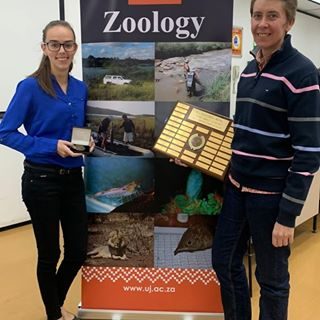
Student: Daniela Monsanto
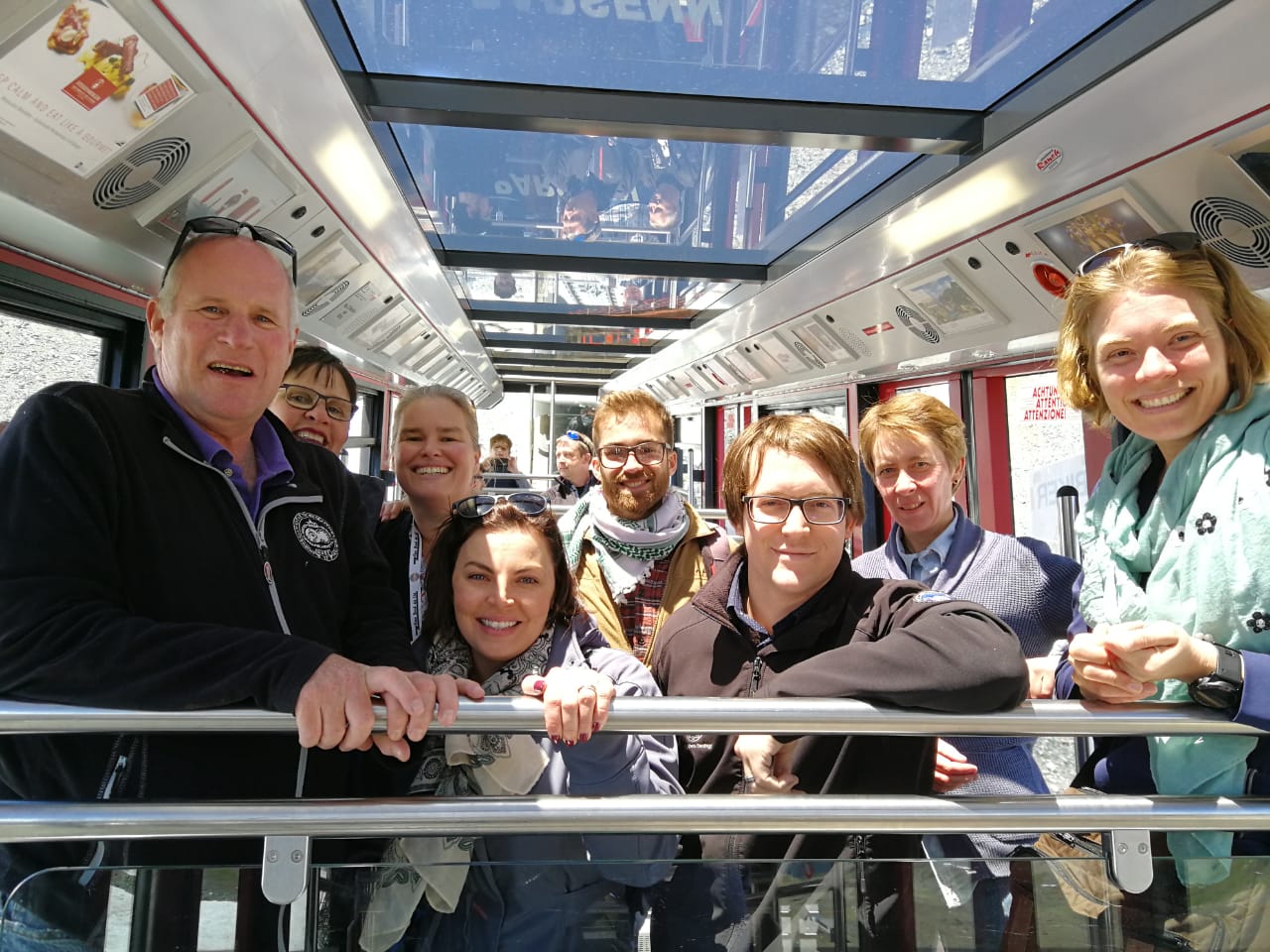
Colleagues & Students at a conference
Students often ask me about their future careers, what they can do with a BSc degree (or broader, a Science degree), or where they will find employment. And my answer is always the same: You can be whatever you want to be. The ultimate aim of science education should be to train students to critically assess situations, to learn how to solve complex problems, and to find solutions to questions. If you have mastered this skill, you can become the President of South Africa, an artisan, an entrepreneur, or a brilliant scientist.
Presentation on Youtube: UJ zoologist on the management and eradication of invasive species
Profile on Wikipedia and on Researchgate
Follow Bettine on Twitter @bettinevv
Visit  website www.molzoolab.co.za
website www.molzoolab.co.za
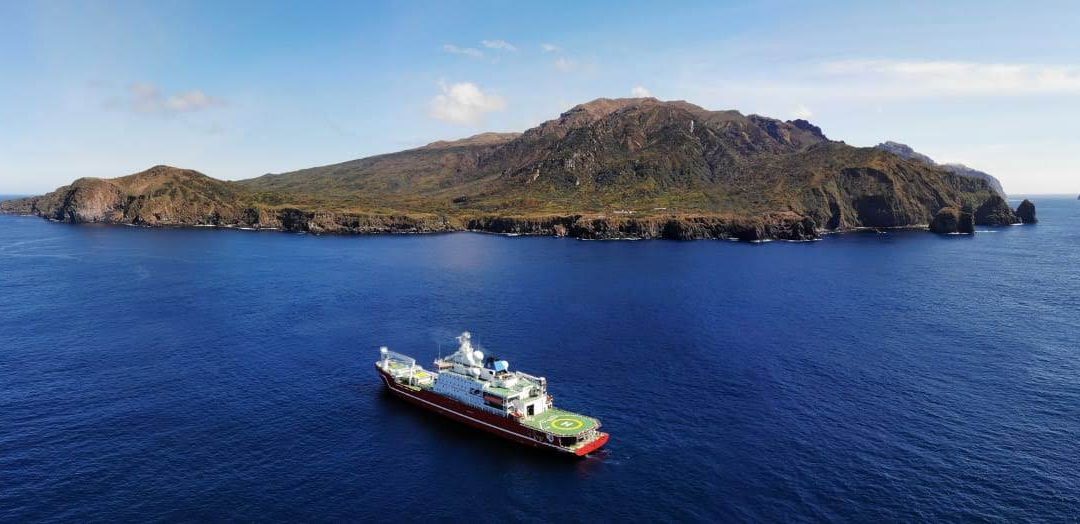
by Ria Olivier | Mar 12, 2020 | Announcement, Gough Island, Jobs
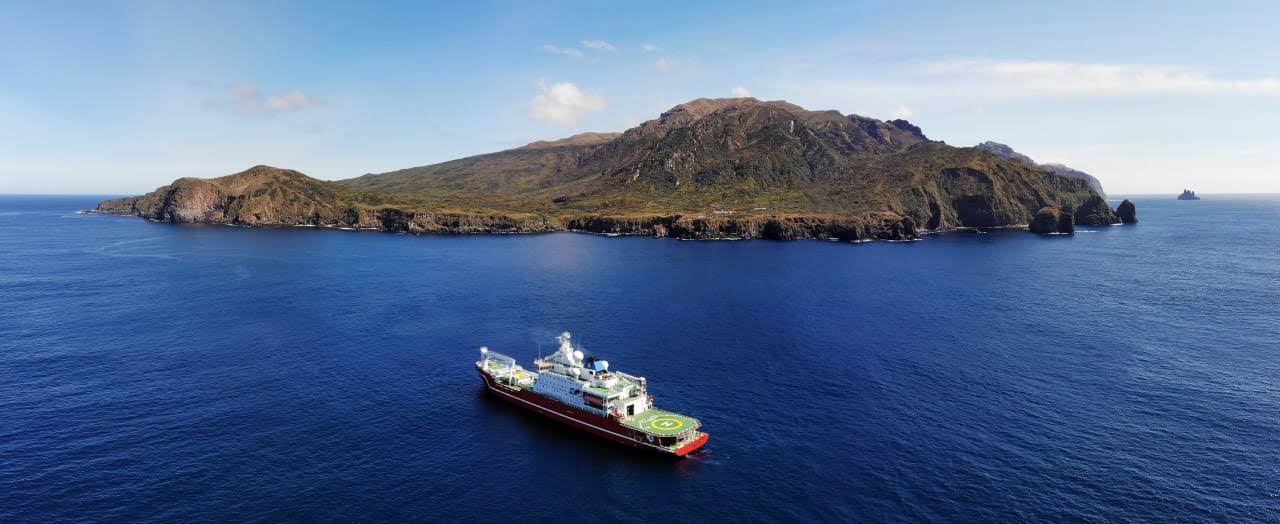
S.A. Agulhas II at Gough Island
Gough Island is a remote, uninhabited island in theTristan da Cunha archipelago, in the South Atlantic Ocean, more than 1,500 miles from Cape Town. Naturally free of land predators Gough has been an idyllic nesting ground relied upon by millions of seabirds including many who breed almost nowhere else.
Its importance for threatened species and sites of outstanding universal value earned Gough World Heritage Site status in 1995 and Important Bird Area status in 2013.
Mice were accidentally introduced to the island, most probably by sailors during the 19th Century. Since arriving on Gough they have learnt to exploit all available food sources on the island, including seabirds. Video cameras reveal how the mice eat the flesh of seabird chicks.  Tristan albatross chicks weigh up to 10kg, but open wounds inflicted over successive nights frequently lead to their deaths. Mice are now starting to attack adult seabirds too. The loss of adult birds adds even greater urgency to this extinction prevention project.
Tristan albatross chicks weigh up to 10kg, but open wounds inflicted over successive nights frequently lead to their deaths. Mice are now starting to attack adult seabirds too. The loss of adult birds adds even greater urgency to this extinction prevention project.
The Gough Island Restoration Project is recruiting Gough Island Field Assistants!

Field Assistants
This is an opportunity to be part of one of the RSPB’s biggest ever projects to save #seabirds on a stunning island in the South Atlantic Ocean! We are hiring 3 Field Assistants to be based on Gough Island from Aug 2020 – Sept 2021 to monitor bird populations following the restoration of the island.
Find out more about assistants and apply here:
Senior-field-assistant
Field-assistant
Photos: Michelle Most-excellent & Jones Chris Most-excellent Jones
by Ria Olivier | Feb 5, 2020 | Announcement, Gough Island, Jobs
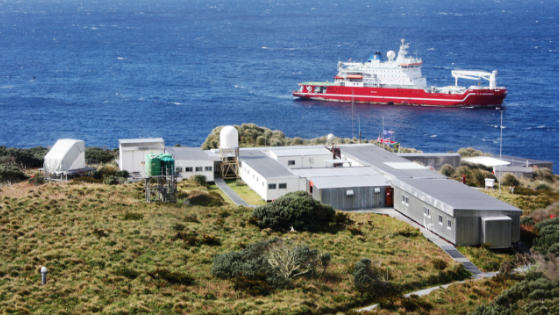
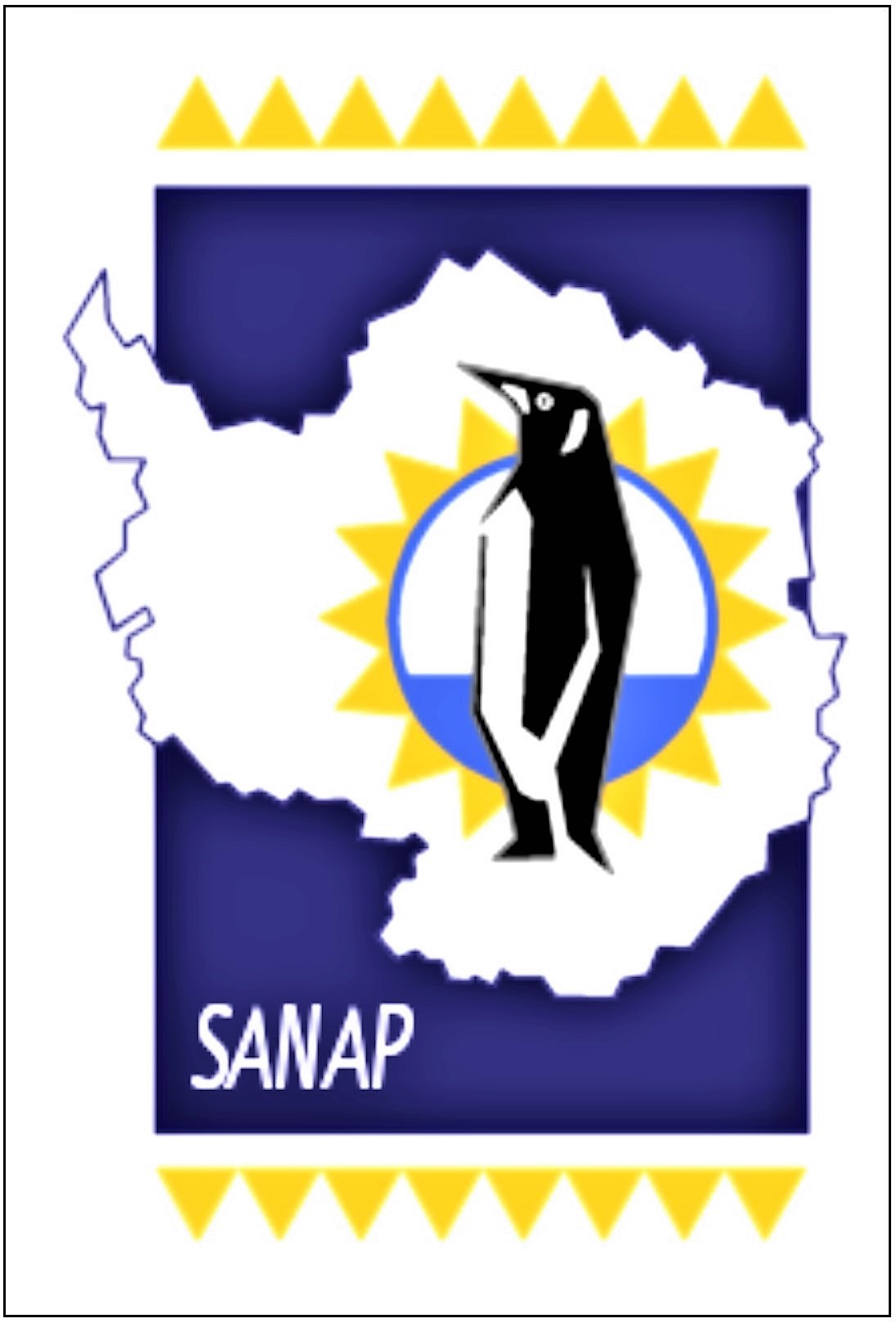
The next Gough Island Overwintering Expedition will depart from Cape Town in September 2020. This will be the 66th Gough Island overwintering team who will return to Cape Town in October 2021.
Positions currently advertised:
If you are interested in applying to overwinter, please click here.
Please note that applications close between 1 March 2020.
Please download the PDF advert of the position you are interested in and follow the application instructions as set out in the advert. Download Z83 here
Read more:
Recent newsletter of Gough65 team (Click here).
Click here and here for more information on Gough Island (English).
Photo Credit: Julius Klette


 Current engineer at Marion Island is Stephanus Schoeman: “One of the five Marion Island first-timers is SANSA Space Weather Engineer Stephanus Schoeman. He will monitor and maintain systems, report on the status of different instruments, and develop new hardware and software to maximise efficiency, reliability and uptime of the systems.”
Current engineer at Marion Island is Stephanus Schoeman: “One of the five Marion Island first-timers is SANSA Space Weather Engineer Stephanus Schoeman. He will monitor and maintain systems, report on the status of different instruments, and develop new hardware and software to maximise efficiency, reliability and uptime of the systems.” SANSA has again an opportunity for an engineer at Marion Island for 2021/2020 . The applicants will be expected to
SANSA has again an opportunity for an engineer at Marion Island for 2021/2020 . The applicants will be expected to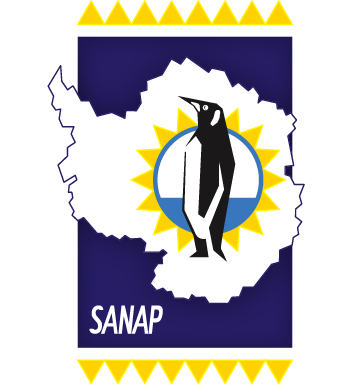


 Applications now open for Marion Island 2021-2022 season. Visit the
Applications now open for Marion Island 2021-2022 season. Visit the 





 CAREER OPPORTUNITY – Post Doctoral Fellowships. The Council for Scientific and Industrial Research (CSIR) is a leading scientific and technology research organisation that researches, develops, localises and diffuses technologies to accelerate socio-economic prosperity in South Africa. The organisation’s work contributes to industrial development and supports a capable state.
CAREER OPPORTUNITY – Post Doctoral Fellowships. The Council for Scientific and Industrial Research (CSIR) is a leading scientific and technology research organisation that researches, develops, localises and diffuses technologies to accelerate socio-economic prosperity in South Africa. The organisation’s work contributes to industrial development and supports a capable state.

 The CSIR has three opportunities for Post-Doctoral Fellowships in the Southern Ocean Carbon and Climate Observatory programme (SOCCO), within the Smart Places cluster, and hosted at the Marine Institute (Ma-Re), UCT. The purpose of the fellowships is to conduct research in line with three H2020 projects in which SOCCO is a partner. The positions are offered as a two-year contract with the possibility of extension for a third year. These opportunities are based in Rosebank, Cape Town. For more information about the programme and cluster please visit
The CSIR has three opportunities for Post-Doctoral Fellowships in the Southern Ocean Carbon and Climate Observatory programme (SOCCO), within the Smart Places cluster, and hosted at the Marine Institute (Ma-Re), UCT. The purpose of the fellowships is to conduct research in line with three H2020 projects in which SOCCO is a partner. The positions are offered as a two-year contract with the possibility of extension for a third year. These opportunities are based in Rosebank, Cape Town. For more information about the programme and cluster please visit 


 and became a
and became a  Islands since 2004 and have been fortunate to work with some of the legends as well as bright upcoming researchers (then students, now fully established and leading their own research groups). For my sins, I was appointed as Chief shore-based Scientist in 2006 (the first time that a woman held this position), and managed to get all people to relevant huts on time, even though we almost had to put together a rescue party to retrieve Valdon Smith and Sarette Slabber from Mixed Pickle (typical Marion Island bad weather meant that they could not walk over Azorella Kop). Thankfully the weather cleared, and all shore-based people made it back to the SA Agulhas I.
Islands since 2004 and have been fortunate to work with some of the legends as well as bright upcoming researchers (then students, now fully established and leading their own research groups). For my sins, I was appointed as Chief shore-based Scientist in 2006 (the first time that a woman held this position), and managed to get all people to relevant huts on time, even though we almost had to put together a rescue party to retrieve Valdon Smith and Sarette Slabber from Mixed Pickle (typical Marion Island bad weather meant that they could not walk over Azorella Kop). Thankfully the weather cleared, and all shore-based people made it back to the SA Agulhas I. flowers and pollen, and how do they get back to their hives? Are they really all female? Why are some species so successful while others are continuously threatened and faced with extinction; especially considering that our world is changing much faster than ever before?
flowers and pollen, and how do they get back to their hives? Are they really all female? Why are some species so successful while others are continuously threatened and faced with extinction; especially considering that our world is changing much faster than ever before? 
 or others impose on us; and it is crucial that we break through these (non-real) boundaries. STEM fields are a case in hand. This is especially true for woman, who traditionally were considered homemakers or child-carers. In STEM specifically, fields such as mathematics, physics and engineering, and traditionally more field-based disciplines such as zoology, botany, or oceanography, are seen as more suited to men (either because women were not traditionally considered as analytically strong, capable to work in the field, or for that matter, be away from home for any period of time). It is critical that any person (both men and women) should carefully consider what they enjoy, what their specific strengths are (be that a STEM career for a woman, or as a child carer / homemaker for a man), and then pursue that with all their strength and passion. Personally, I was initially directed into a field that I had no interest in (because I could not answer questions asked regarding where I would work if my husband lived in a small town), and from a personal perspective I strongly urge and support woman that want to step out of the “beaten track”, i.e., what is typically expected from you by society, and follow what they are passionate about.
or others impose on us; and it is crucial that we break through these (non-real) boundaries. STEM fields are a case in hand. This is especially true for woman, who traditionally were considered homemakers or child-carers. In STEM specifically, fields such as mathematics, physics and engineering, and traditionally more field-based disciplines such as zoology, botany, or oceanography, are seen as more suited to men (either because women were not traditionally considered as analytically strong, capable to work in the field, or for that matter, be away from home for any period of time). It is critical that any person (both men and women) should carefully consider what they enjoy, what their specific strengths are (be that a STEM career for a woman, or as a child carer / homemaker for a man), and then pursue that with all their strength and passion. Personally, I was initially directed into a field that I had no interest in (because I could not answer questions asked regarding where I would work if my husband lived in a small town), and from a personal perspective I strongly urge and support woman that want to step out of the “beaten track”, i.e., what is typically expected from you by society, and follow what they are passionate about. I am currently involved in a number of larger projects which aim to understand how species (individuals / populations) respond to change. One such project is on sub-Antarctic Marion Island (funded through the South African National Antarctic Programme), where we are assembling the full genomes of a number of macroinvertebrate species, with the ultimate aim to understand genes under selection, and how biotic and abiotic factors shape the genetic diversity on oceanic islands. In South Africa, and in collaboration with national (SANBI) and international partners (an NSF/NRF funded project), we are investigating how reptile species adapt to changing and transformed landscapes, and what the downstream impacts are on their genes, morphology and behaviour. Across the African continent, and in collaboration with the Research Centre in Biodiversity and Genetic Resources (Portugal), we are documenting the spatial genetic patterns in a number of economically important larger antelope species (such as roan- and sable antelope); our work here directly informs South African policies on translocations.
I am currently involved in a number of larger projects which aim to understand how species (individuals / populations) respond to change. One such project is on sub-Antarctic Marion Island (funded through the South African National Antarctic Programme), where we are assembling the full genomes of a number of macroinvertebrate species, with the ultimate aim to understand genes under selection, and how biotic and abiotic factors shape the genetic diversity on oceanic islands. In South Africa, and in collaboration with national (SANBI) and international partners (an NSF/NRF funded project), we are investigating how reptile species adapt to changing and transformed landscapes, and what the downstream impacts are on their genes, morphology and behaviour. Across the African continent, and in collaboration with the Research Centre in Biodiversity and Genetic Resources (Portugal), we are documenting the spatial genetic patterns in a number of economically important larger antelope species (such as roan- and sable antelope); our work here directly informs South African policies on translocations.






